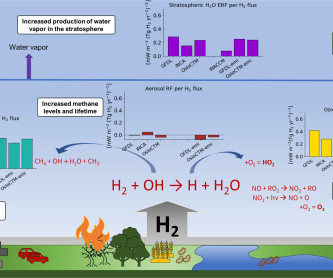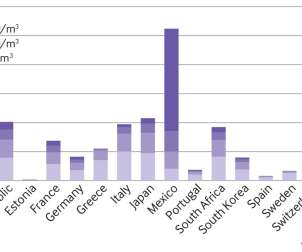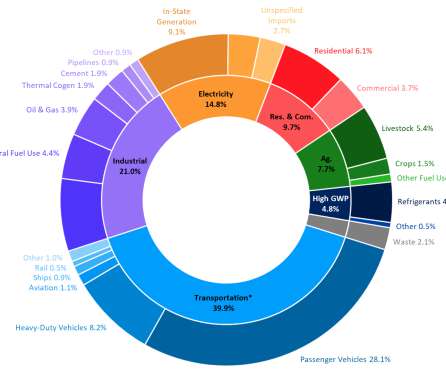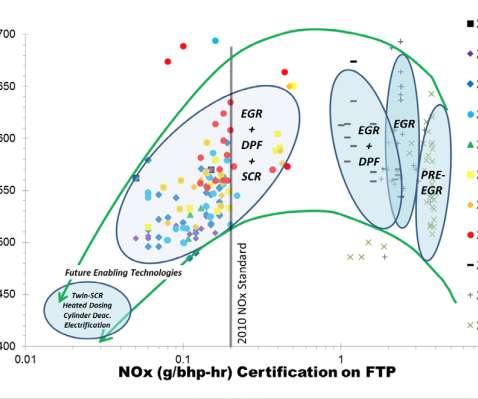CICERO-led study finds global warming effect of leaked hydrogen almost 12x stronger than CO2
Green Car Congress
JUNE 12, 2023
The open-access paper is published in Nature Communications Earth & Environment. Unlike exhaust from burning coal and gas that contains CO 2 , burning hydrogen emits only water vapor and oxygen. We used five different atmospheric chemistry models and investigated changes in atmospheric methane, ozone and stratospheric water vapor.



































Let's personalize your content